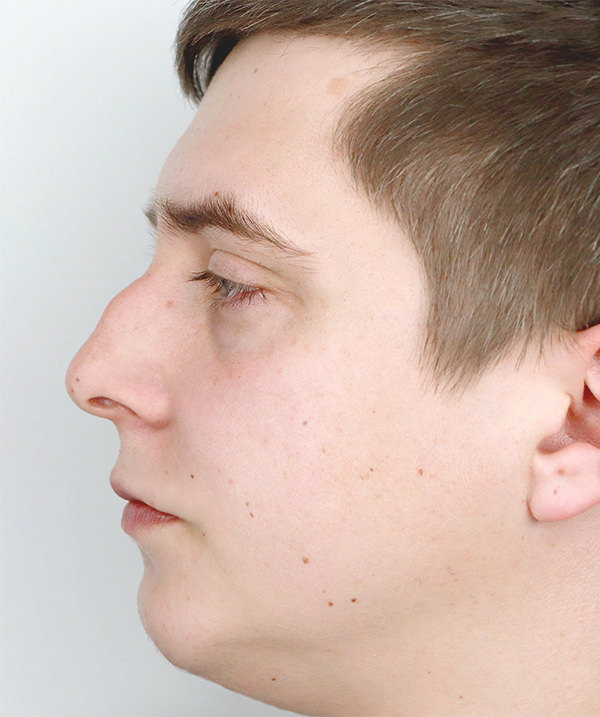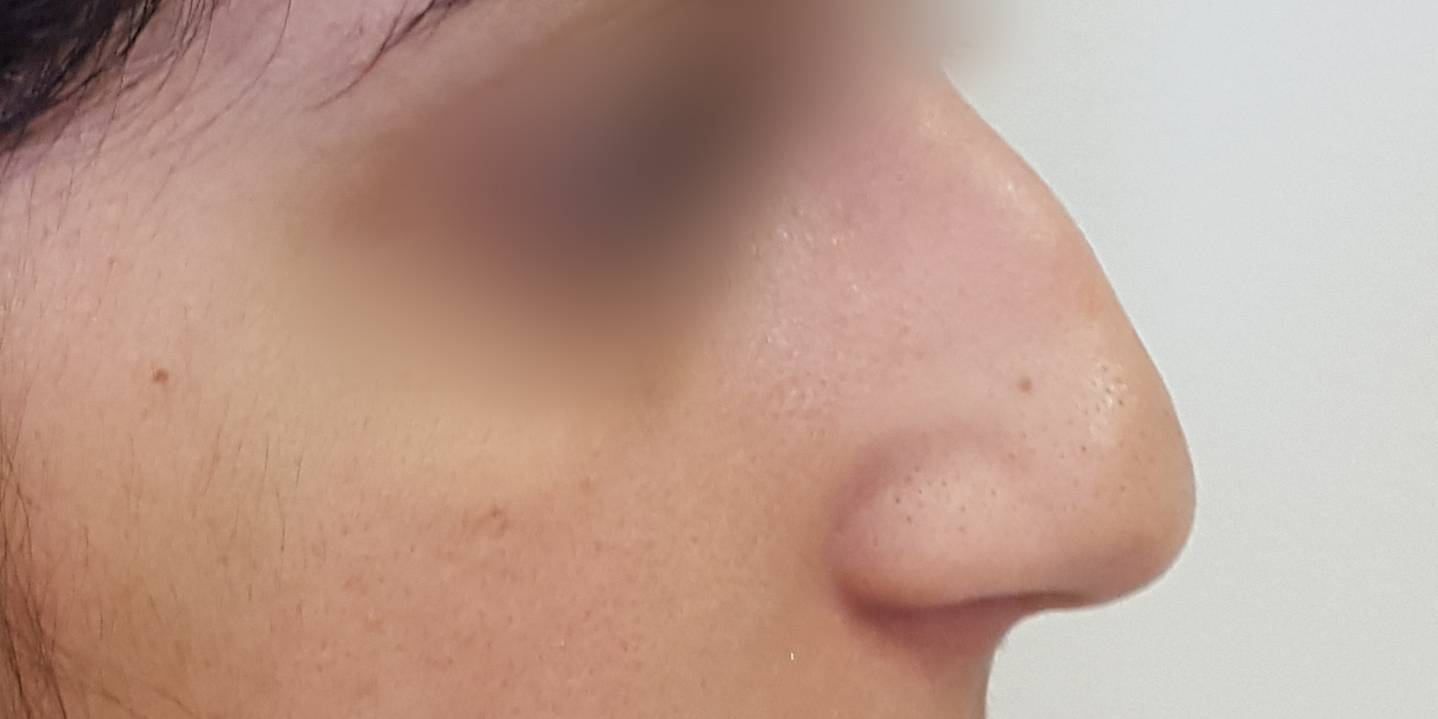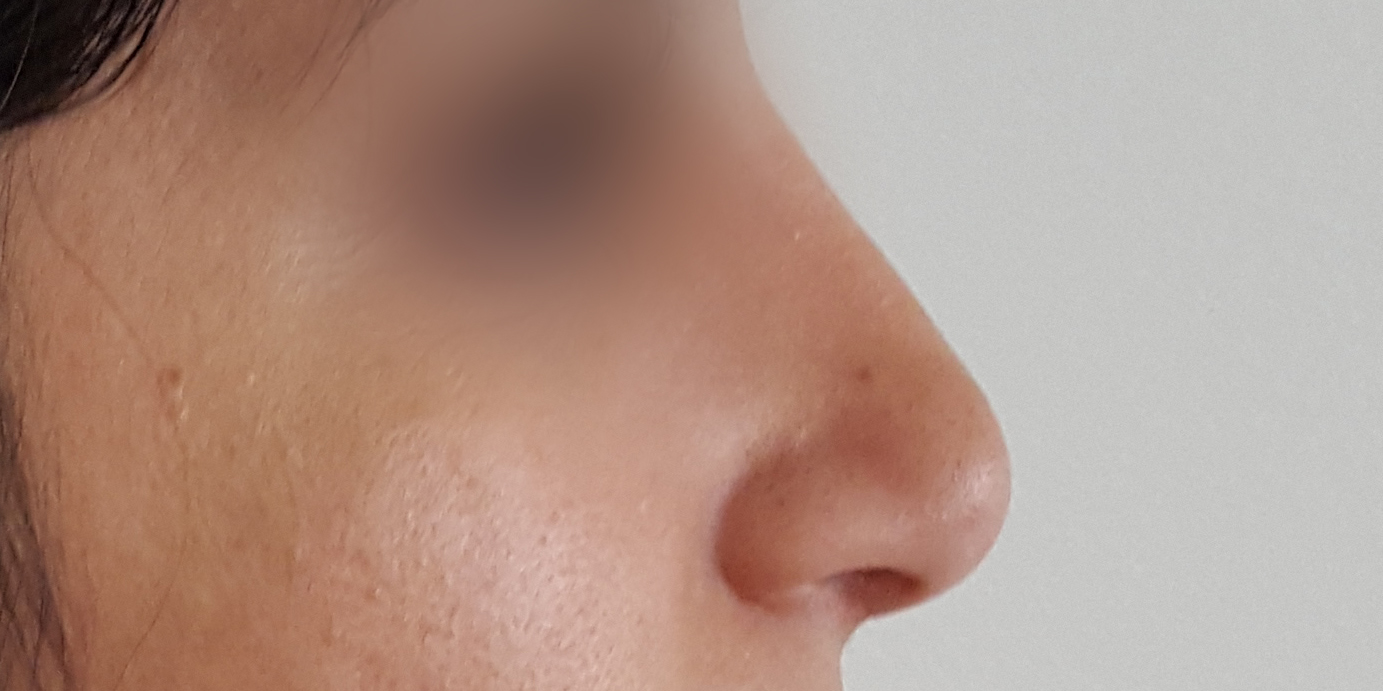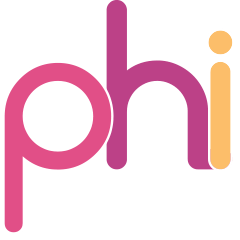A rhinoplasty (nose job) is a surgical procedure that can improve your nose’s function and appearance. The nose is a central part of the face, and even a tip rhinoplasty can make a big difference to the overall aesthetics of your face. You may reduce or increase the size of your nose, change the shape of the tip or the bridge, narrow the span of the nostrils, and/or change the angle between the nose and the upper lip.
Patients who are good candidates for this procedure
- Don’t have medical problems
- Are functional and happy
- Have good family support
- Don’t have significant psychological problems
- Have not had recent stressful life circumstances
- Have a long-standing history of being self-conscious about their nose
- Have a specific idea of how they want their nose to look

Patients who are poor candidates for this procedure
- Have significant medical problems
- Have severe depression or other psychological issues
- Are unable to specify what bothers them about their nose
- Are self-conscious about many parts of their body
Are you a good candidate?
Our Self-Evaluation Quiz can help you decide if rhinoplasty is the right procedure for you.
Techniques for Rhinoplasty
Rhinoplasty surgery may last anywhere from 1 to 2 hours, depending on the extent of the procedure. The operation will vary depending on your physical features and the treatment plan created by Dr. Gdalevitch. Local or general anesthesia will be administered. Dr. Gdalevitch may make incisions inside the nostrils, through which she will reshape and trim bone and cartilage. External splints and internal nasal packing may be used.



Discover the procedure through live surgeries
Rhinoplasty presentation
Consent for Rhinoplasty
Pre op instructions for Rhinoplasty
At Phi Plastic Surgery, we believe that a beautiful body can take many shapes and sizes. The Phi philosophy centers on respecting your body's proportions and helping you let your inner beauty shine.
We offer our patients the best, most advanced techniques to help them achieve their aesthetic goals.
Pre-op & post-op instructions
These pre-surgical and post-surgical instructions are provided as essential services for you. Please follow the instructions carefully to ensure optimum results. If there are instructions that need to be clarified, please feel free to contact our office as soon as possible. If some instructions are not followed, your surgery could be delayed if deemed necessary by your surgeon.
Pre-op INSTRUCTIONS
ONE MONTH before your surgery
- Stop using contraceptive pills or hormone therapy.
THREE WEEKS before your surgery
- Stop all consumption of collagen
- Prepare your surgery date: Plan to ensure a stress-free experience. Arrange your work leave and special assistance to help you with ride home. Prepare your return by organizing meals, delivery, babysitting, etc. Make sure you have someone scheduled to accompany you home after your surgery. Someone should also be on-call to help you during the first 24 hours after your surgery.
TWO WEEKS before your surgery
- Stop the consumption of anti-inflammatory drugs.
- A preoperative visit (if necessary), approximately two weeks before your surgery, will be scheduled to review your goals and provide you with additional information regarding your surgery.
SEVEN DAYS before your surgery
- Stop taking any supplements or medications from the list below. These products can increase the risk of bleeding and other complications. Stop consuming any non-prescribed supplements including: Omega 3-6, nutricap, echinacea, glucosamine, fat burners, St. John’s wort.
Aspirin, drugs containing aspirin or any anticoagulants such as arixtra pf, clopidogrel, plavix, coumadin, dalteparin, edoxaban, eliquis, apixaban, enoxaparin, fragmin pfsyringe, lepirudin, padaxa, dabigatran etexilate, xarelto, rivaroxaban. - Confirm your surgical support plan: This includes your transportation and post-surgical care, including an adult family member or a friend on-call for your support, 24 hours after your surgery.
- Purchase any prescription provided by Dr. Gdalevitch (If applicable) and revise your pre-surgical instructions.
The day BEFORE your surgery
Prepare a bag. It should include:
- All necessary papers
- Your identification (RAMQ card)
- Prescription Drugs
- Glasses if necessary
- Confirm the person who will assist you for the first 24 hours after surgery.
- Take a shower. Use a non-perfumed soap. Wash your hair. Do not put cream or lotions. Do not put deodorants, hair products, perfumes, or makeup.
- Do not eat anything or drink any dark liquids for 8 hours before your surgery. Do not drink any light liquids 6 hours before your surgery. Anything you eat can cause cancellation of your surgery and increase the risks associated with surgery and anaesthesia. This includes sweets, mints, chewing gum, tea or coffee. You can take a very small amount of water after brushing your teeth or taking medication.
- Relax. Enjoy a good night’s sleep and avoid stress.
YOUR SURGERY DAY
- Do not train before surgery
- Please bring your medications that have been prescribed to you in a bag as above.
- Do not wear any make-up, jewellery, contact lenses, hairpin or piercings: during surgery, an electric cautery is used, any piercing or jewellery can cause burns.
- Wear light and comfortable clothing. Wear a top that opens forward. Do not wear a sweater, turtleneck or tight clothing. You can wear a skirt, but pants and a jogging jacket are ideal. Flat shoes should be worn that are easy to remove and to put on (no heels).
post-op instructions
The night of surgery
You can expect to have pain in the area around the nose and even a headache.
There will be swelling and may be some mild bleeding from the nose. For your
comfort we recommend:
- Keep your head elevated
- Take extra strength Tylenol every 4 hours
- Take a medication like Gravol 30 minutes before taking your prescribed pain medication to avoid nausea and vomiting.
- Take the pain medication as prescribed around the clock for 48 hours
- Avoid leaning forward or down with your head
- Do not blow your nose
Please contact us immediately if you experience any of the following
- You have a fever of > 38.5
- Severe nausea or vomiting
- Are experiencing hallucinations or unusual behaviour
- Your pain is not controlled with the pain medication
- Excessive bleeding
- Difficulty breathing
- Incapable of urinating
The day after surgery
- You will see Dr Gdalevitch to remove your nasal packing if needed
- You can expect the pain to decrease after 48 hours
- It is best to keep your head elevated as much as possible to prevent swelling
- You can shower 48 hours after surgery
- You must keep your splint on for 1 week
Healing and follow up
- You will be swollen for 1-2 months
- You may have black eyes
- You should rest for 4 weeks
- You will have a follow up appointment in 1 week to remove your stitches
- You can leave the house after 1 week with make up
- Your final result will not be evident until 1 year after surgery
Your results
Patients will go home the same day following their surgery with packing in their nose. Rhinoplasty recovery time is usually 2-3 weeks for the initial phase. Some mild swelling can last up to a year, however.
A Rhinoplasty will help you obtain a more harmonious facial appearance and will accomplish the following:
- Alter the cartilage and/or bones of the nose to achieve a more refined look
- Correct a nose that looks bulbous, upturned, hooked or droopy
- Open blocked nasal passages and improve breathing
- Increase self-confidence that comes with more balanced nasal shape and size
The result is an improvement in the shape and size of the nose to create better facial harmony.


View most frequently asked questions
What is a rhinoplasty procedure?
Rhinoplasty surgery is both an aesthetic and functional procedure. The various components are the reduction of the nasal dorsum, the septoplasty (straightening the septum of the nose), tip refinement and osteotomy (breaking the bones of the nose to narrow them).
How long is the recovery after rhinoplasty?
Recovery is approximately one week for everyday activities and one month for exercise. The final result can be seen as early as the first week, but the healing is not complete for one year.
How old do I have to be before undergoing rhinoplasty?
The nose must be at the end of growth in late adolescence (17-18 years).
Is rhinoplasty surgery painful?
The pain lasts about 2-7 days and is well controlled with pain medication. Most people describe the pain as congestion and headache.
What are the possible risks and complications of rhinoplasty?
Like any surgery, the risks include the risks of anesthesia, bleeding, and infection. The more specific risks of this surgery will be discussed during your consultation.
How much does the procedure cost?
Septorhinoplasty
starting at $12,000

For a more beautiful and proportional you!
φ Phi is the Greek symbol that indicates the golden ratio, a ratio that is synonymous with beauty.
Dr. Perry Gdalevitch offers a unique approach that involves applying the principles of perfect proportions (phi) to help you achieve your aesthetic and reconstructive goals.

 PLASTIC
PLASTIC